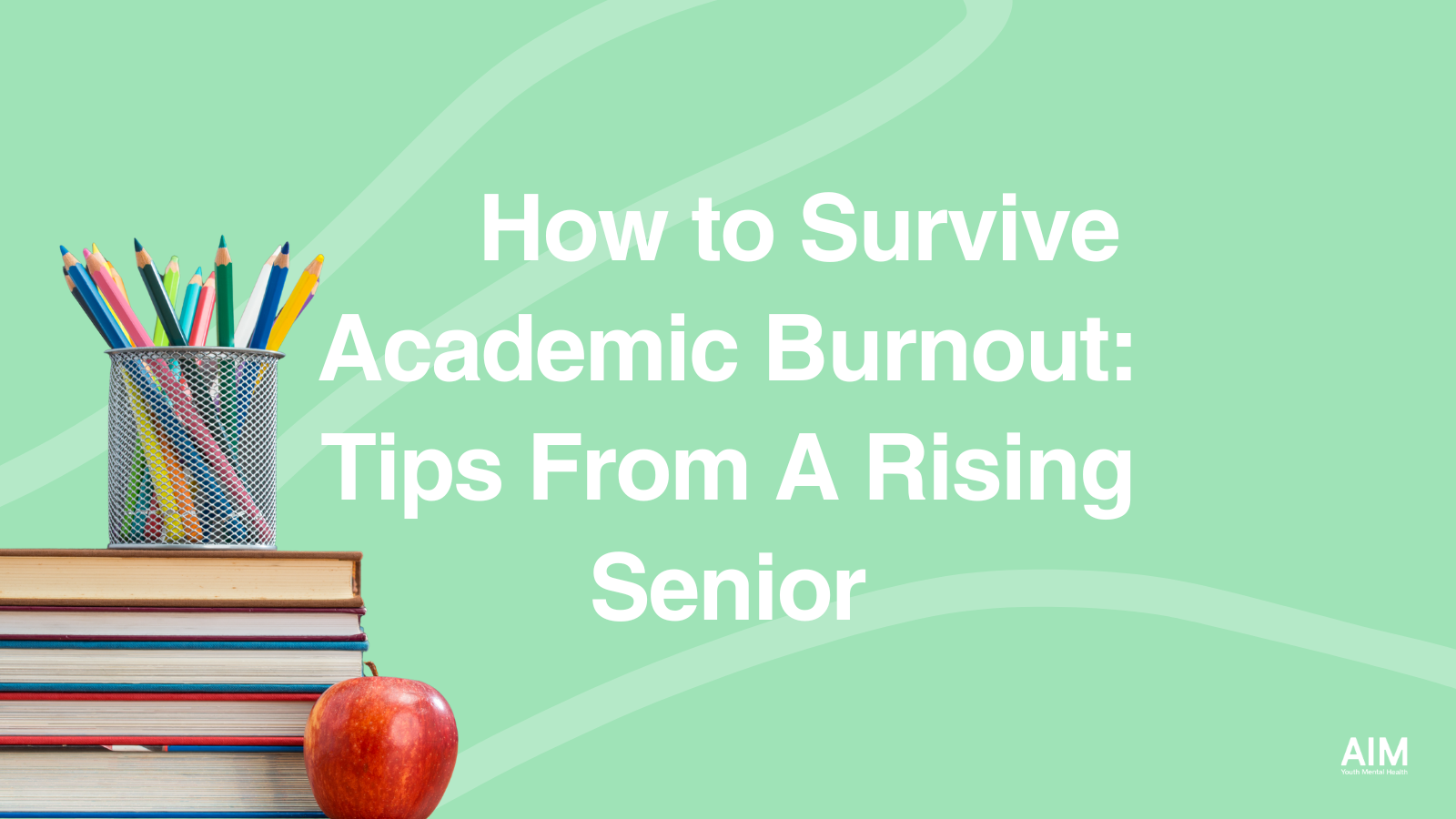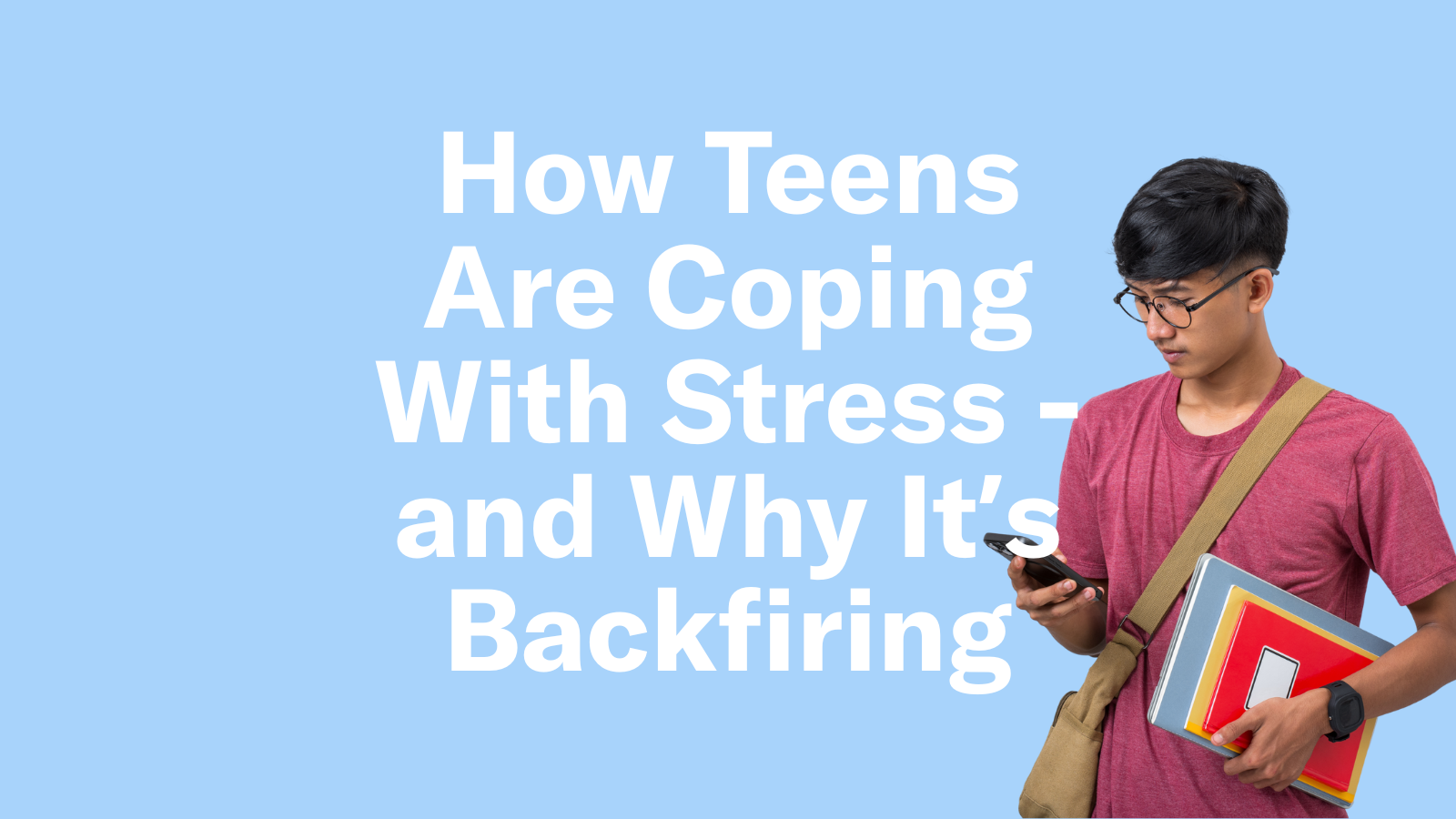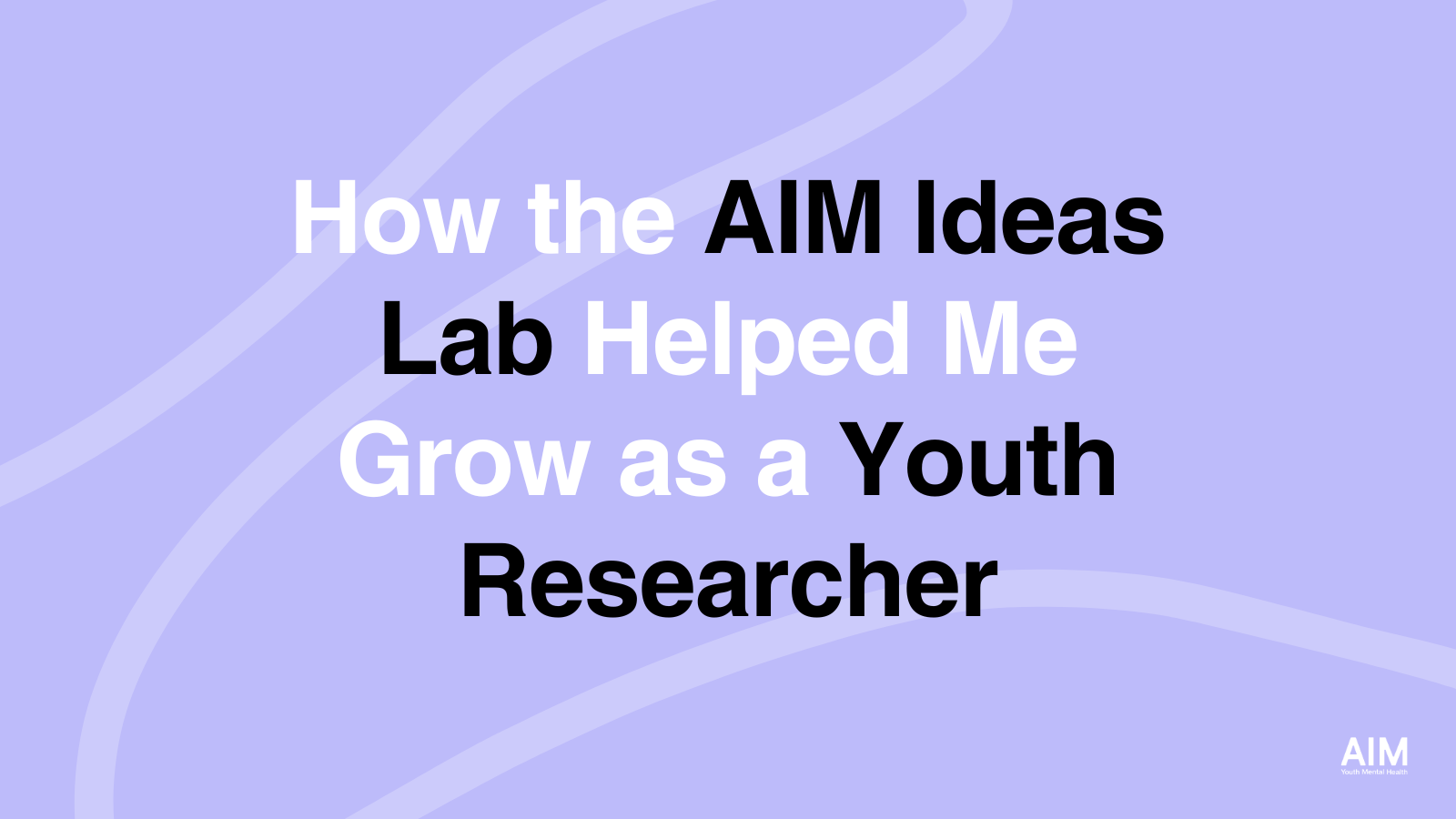Three years into high school. Three of constant stress. Three years of the persistent burden that whatever you do now determines how the rest of your life will end up. Three years of having to play catch-up amidst your innumerable priorities. Three years, you’ve finished. How hard can one more be? Yet the greatest trial still awaits you: college apps.
It’s hard not to get burnt out.
This post isn’t only intended for rising seniors. Academic burnout can happen to a student of any age, and it’s important to consider an issue that can affect students to such a magnanimous degree.
This blog post isn’t an end-all-be-all solution to this difficult problem. But speaking on a student-to-student level, these could be some tips and strategies that I think can make a very stressful period of your life slightly less of a burden.
#1: Viewing academics like a tool.
AP classes, honors courses, general prerequisites–in the face of so many daunting concepts and endless amounts of work, it’s easy to get swept up in the mindset that dictates performance on a single test or a particular assignment automatically indicates your success.
However, I think that taking up the perspective that an academic environment is similar to a give-and-take setting has helped me manage my stress. Instead of considering all my classes like rigid monuments I had to ascend, I started to think they were more like things I had to meander around–find the optimal path which would get me to the destination I desired.
Some assignments just don’t go as well, neither do certain tests, or quizzes, or on-demands, or AP exams. But try to reevaluate whenever something you don’t like happens–how much did this event hinder the path to my goals? In the cases where your path was genuinely deterred–just find a new path. You’re going to reach the same destination regardless.
#2: Stop feeling guilty.
Say your friends are all taking 3 AP classes. You’ve only signed up for one, and you automatically feel your heart sinking. Am I not doing enough? This thought constantly haunts your mind, and eventually, the pressure gets to you. You bite off more than you can chew, and now you’re swamped with mountainloads of work.
Or take this example. Say that in a certain math class, you don’t get the grade you desire. The next trimester/semester, you decide that maybe you don’t want to do math because it wasn’t the subject for you. But you’re constantly exposed to people who thrive in that class, perhaps even enjoy it, and you wonder why that couldn’t have been you. Why wasn’t I able to do what all these people are capable of doing perfectly well? Thoughts like these constantly erode at you and eat away at your mind.
But such guilt doesn’t make you feel better, nor is it getting you any closer to your goals. It’s slowing, dampening your growth and progress and keeping you from seeing all the ways you can still achieve what you want to.
Bottom line: the guilt isn’t worth it.
#3: Recognizing when you’re engaging in unhealthy habits.
There was a point in my junior year when I was averaging 3-4 hours of sleep. I was in a vicious cycle of burnout, procrastination, and sleep deprivation that only fueled itself as school became more brutal. I knew that it was bad for me–I could feel it with the constant headaches I had, the minimal appetite, and persistent irritation. I assumed that everyone else must have had a similar schedule and that if everyone was doing it, it was justified.
Recognizing your unhealthy habits is only the first step—if you’re aware but continue the behavior, it’s almost the same as being unaware. What makes the difference is taking initiative: focusing on yourself and realizing, for example, that pulling all-nighters before a final might not be the most effective choice. That kind of awareness and action is what truly equips you to guard against burnout.
That’s it for the tips I have to offer! While I don’t intend to champion this as the ultimate solution, I think it’s an effective starting point for developing powerful and meaningful coping mechanisms against student burnout. School is a very stressful period, and high school in particular happens to coincide with a tumultuous era of growth—it’s hard not to get lost amid constantly shifting priorities, and I wish you the best in navigating burnout.




